The Department of History in the Media

Born in 1917, communications engineer Karl Steinbuch is considered one of the few German visionaries in computer science. In 1958, he became a professor at the Technical University of Karlsruhe, now the Karlsruhe Institute of Technology. However, when the reform movement at universities spread to Karlsruhe in 1968, Steinbuch showed increasingly clear sympathies for right-wing extremist ideologies. His biographical involvement in National Socialism became public: he had joined the SS at the age of 16. As a member of the Wehrmacht, he was involved in war crimes. KIT historian Anton Guhl has now dedicated the first detailed study to Karl Steinbuch.
Link zum Podcast
... is the title of the current feature by Stefan Fuchs (ZAK) and Rolf-Ulrich Kunze on the occasion of the Science Year 2024 and the 75th anniversary of the German Constitution in the Campus Report of March 26. In the podcast "Gloomy prospects for the 20s of the 21st century " the KIT contemporary historian gives an assessment of the prospects for 2024.
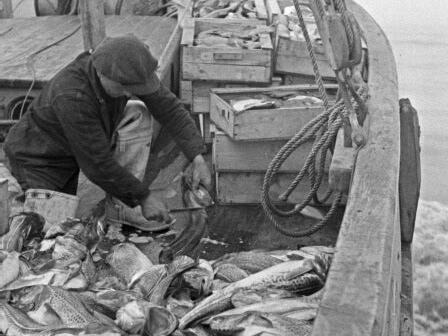
Technical innovations such as the steamship, the use of trawls and cooling with ice led to a new dimension in German deep-sea fishing as early as the 1880s. Ole Sparenberg gives an insight into the origins and problems of industrial fishing on the high seas in the BR podcast series "Alles Geschichte - History von Radiowissen". You can listen to the report via the following link.
Hear more by clicking here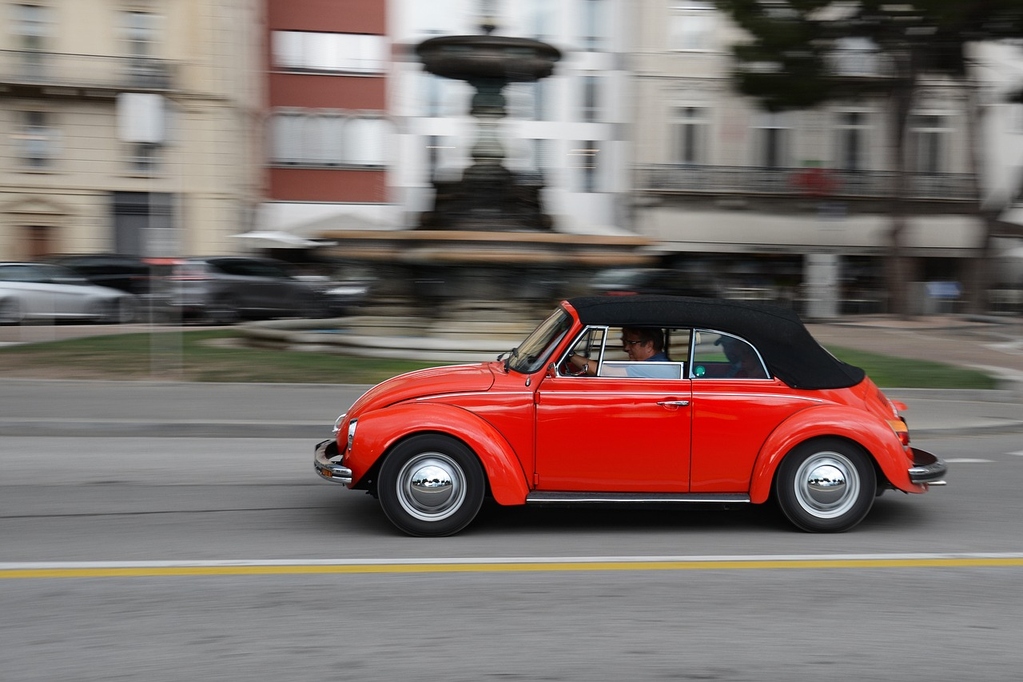
In its podcast series "Der Rest ist Geschichte" (The rest is history), Deutschlandfunk repeatedly covers topics related to the history of technology. Most recently, Kurt Möser was interviewed in detail about the tradition of the automobile as a freedom machine.
More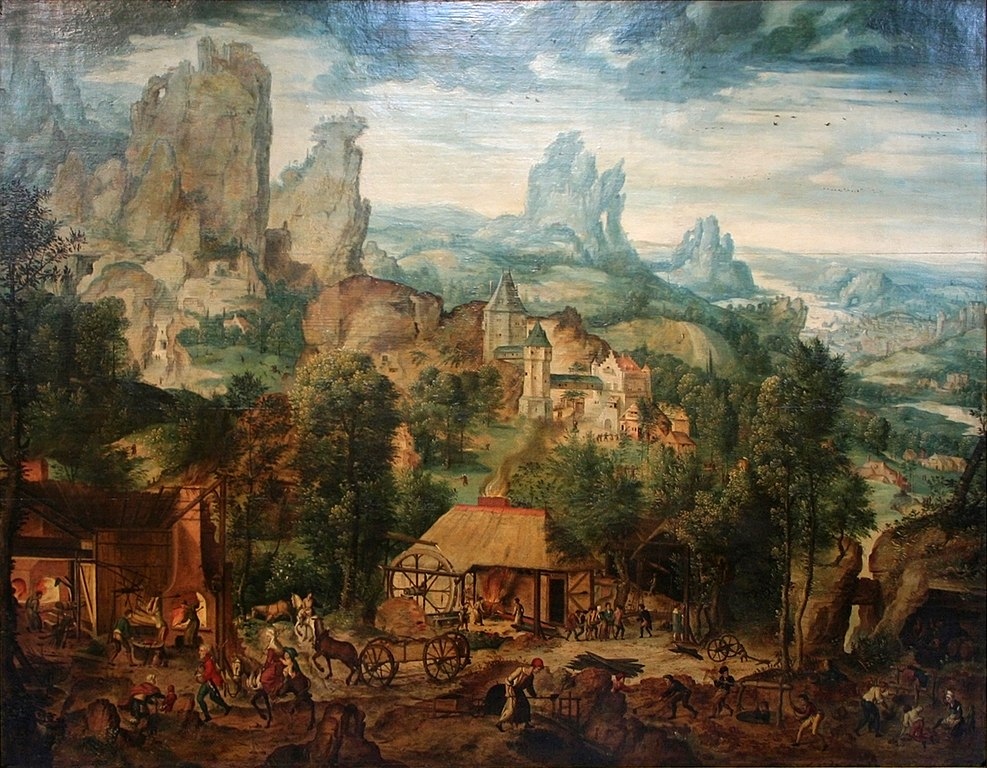
In the fourth contribution to the podcast series of the KIT Climate and Environment Center, Marcus Popplow talks with Joshua Bayless about topics and research approaches in the history of technology and the environment.
Hear more by clicking here
In MDR's "Past Forward" program, Kurt Möser comments on the speed limit debate from a historical perspective (minutes 15:30 - 20:20).
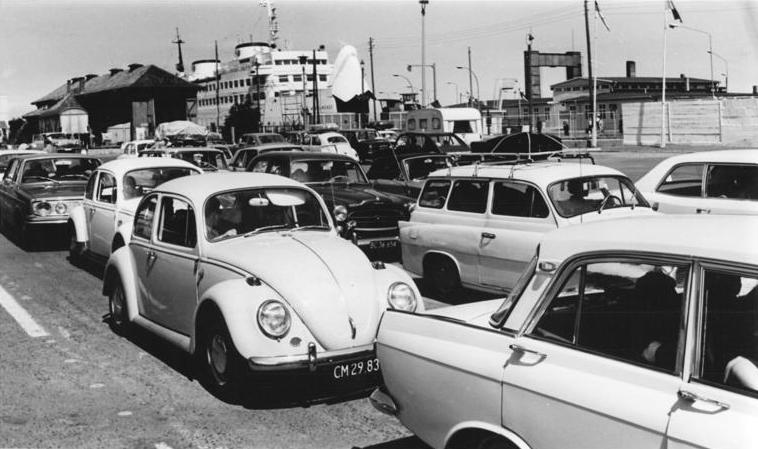
In Deutschlandfunk Lebenszeit series, Kurt Möser evokes the joy of analog technology and the nostalgia of pre-digital times in the program Sehnsucht nach dem Gestern? When Old Technologies Find New Lovers (May 5, 2023).
Hear more by clicking here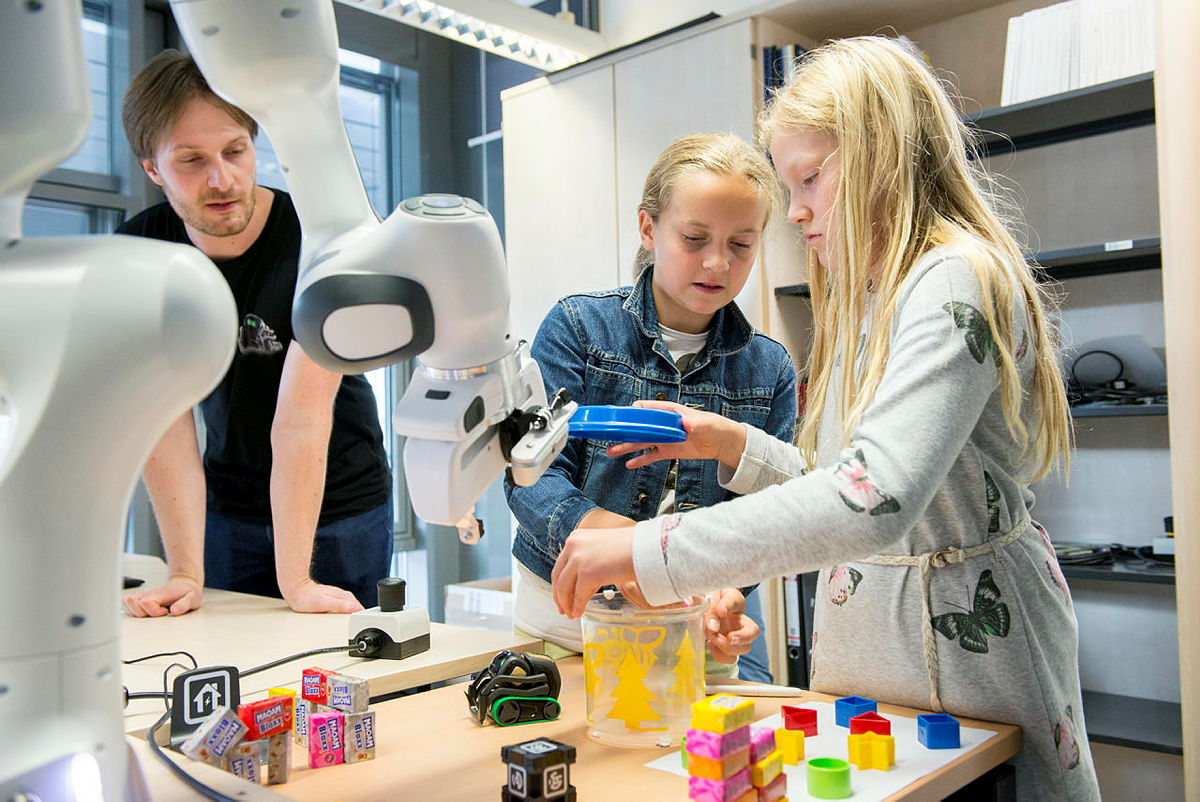
In November, the podcast "Robots: The Unknown Knowns" was published by Experimenta in Heilbronn. It illuminates the topic from a technology-historical and contemporary perspective; guest and interview partner was Stefan Poser.
Hear more by clicking hereRolf-Ulrich Kunze about the West's attitude to the war in Ukraine in the SRH Campus Report broadcast of February 21, 2023.
MoreMarcus Popplow in an interview with Stefan Fuchs of Campus-Report on Dec. 27, 2022, about the Middle Ages as an epoch of tinkerers and hobbyists, in which technical advances were made possible primarily through experiential knowledge and not through applied natural sciences as is the case today.
Hear more by clicking here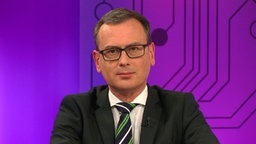
In the April 29 edition of "Planet Wissen" (WDR), Rolf-Ulrich Kunze will be the studio guest on the topic of historical genealogy. The program will be broadcast on WDR and SWR both at 10:55 a.m. and is available online.
More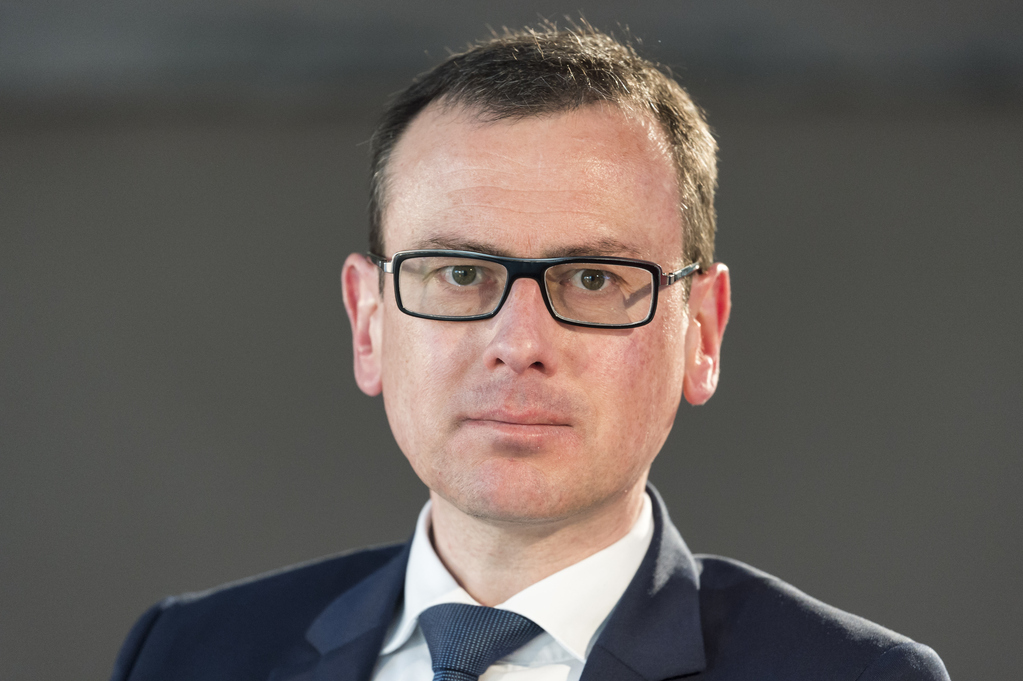
On the 50th anniversary of the presentation of the Club of Rome report "Limits to growth" for dpa, including Welt online: https://www.welt.de/wissenschaft/article237149023/Club-of-Rome-Der-Stand-nach-50-Jahren-Grenzen-des-Wachstums.html; interview for 3Sat Wissen NANO: https://www.3sat.de/wissen/nano/220302-rome-nano-108.html.
Future - a word we actually only use in the singular. But especially with regard to technological change, the one future cannot be predicted with certainty. Armin Grunwald, head of the Institute of Technology Assessment and Systems Analysis (ITAS) and professor of philosophy of technology at the KIT Institute of Philosophy, and Marcus Popplow, professor of history of techno-scientific civilization at the KIT Department of History, explain the term "technology futures".
Hear more by clicking hereThe technology historian PD Dr. Rudolf Seising presents milestones and stumbling blocks of the research discipline "Artificial Intelligence". The event took place on September 17, 2020 in cooperation with the Institute of Technology Futures/Department of History at the Karlsruhe Institute of Technology (KIT) as part of the HEiKAexplore project "Drawing the Future - Technical Images as an Element of Historical Technology Futures in Early Artificial Intelligence" of the research bridge "Autonomous systems in the area of conflict between law, ethics, technology, and culture". The event was moderated by Marcus Popplow.
MoreThe Karlsruhe Nuclear Research Center is of central importance for the history of atomic energy in the Federal Republic of Germany. After the shutdown of the research reactors, the transformation into an interdisciplinary research facility for natural, technical and environmental sciences of the Helmholtz Association took place. Today, the site is part of KIT as Campus North. The history of the nuclear research center has not been systematically researched and is only marginally present in the memory of urban society. How can the history of this institution be written today?
On two days, experts presented their views on the nuclear research center in short lectures and discussed perspectives of its classification and future research. In his welcome address, Marcus Popplow summarized the aims of the event and gave an overview of the state of research into the development of the nuclear research center.
Toy drones, electric scooters, talking multifunctional dolls and game consoles will be on many festively decorated gift tables today. The toys we give our children at Christmas say a lot about our society. Digitalization and artificial intelligence have long since reached children's rooms. KIT technology historian Kurt Möser takes a look at history and shows how much toys reflected people's expectations and hopes, but also clearly revealed social differences.
Hear more by clicking hereWill we still be driving ourselves in the future? Or will steering wheels and gas pedals soon be a case for the museum? Experts represent different positions here. Three of these positions were presented by ITAS scientists Linda Brandl, Torsten Fleischer and Silke Zimmer-Merkle at the theme evening "Auto(nom)mobil" in the series technik.kontrovers and represented in short statements.
MoreThese days mark the 100th anniversary of the start of the First World War. What began one hundred years ago, in the summer of 1914, was not only the first mass war in which armies of millions raced against each other. Above all, it was the first machine war in history. Technology provided the military with an industrial killing machine such as no war had ever known before. From machine guns to poison gas, technology increasingly decided victory or defeat. In an interview, KIT historian Kurt Möser talks about the role of technology in the First World War.
Hear more by clicking hereWith oil reserves running low and the need to drastically reduce emissions of climate-damaging CO2, the combustion engine automobile appears to be a discontinued model. The future belongs to the electric car, it seems. Or maybe not? The historian Kurt Möser from Karlsruhe is the author of an internationally acclaimed history of the automobile. He does not see the electrically powered car as a sustainable solution to the problem of individual mobility.
Hear more by clicking here
